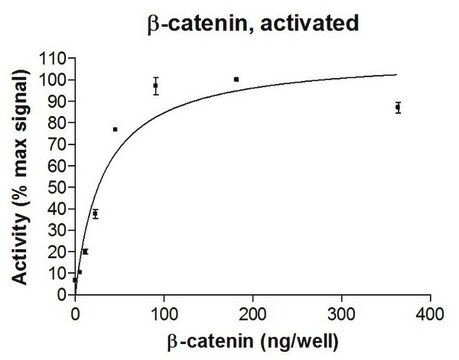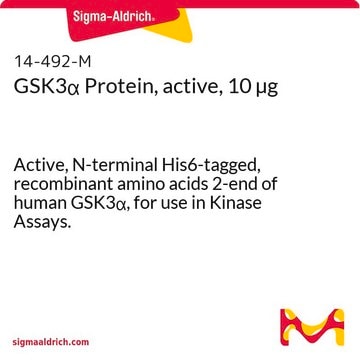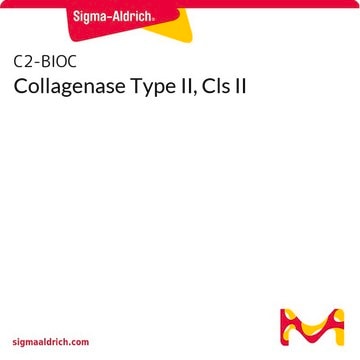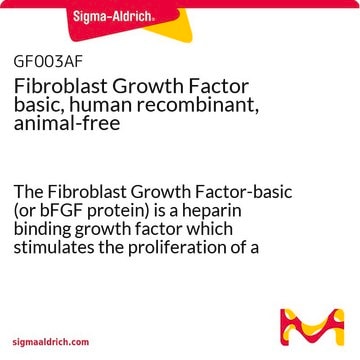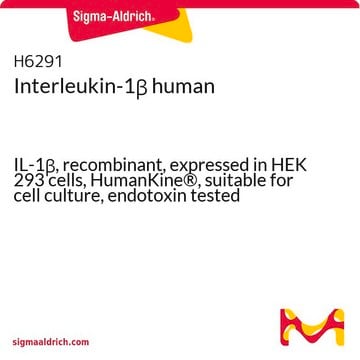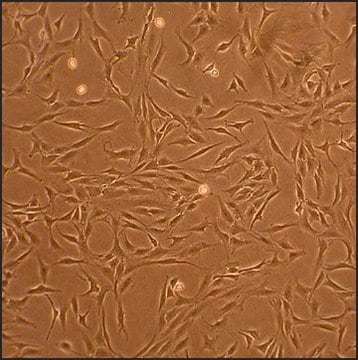SRP5172
Catenin β, GST tagged human
recombinant, expressed in baculovirus infected Sf9 cells, ≥70% (SDS-PAGE), buffered aqueous glycerol solution
Sinónimos:
CTNNB, FLJ25606
About This Item
Productos recomendados
biological source
human
recombinant
expressed in baculovirus infected Sf9 cells
assay
≥70% (SDS-PAGE)
form
buffered aqueous glycerol solution
mol wt
~115 kDa
technique(s)
activity assay: suitable
solubility
water: soluble
suitability
suitable for molecular biology
NCBI accession no.
application(s)
cell analysis
shipped in
dry ice
storage temp.
−70°C
Gene Information
human ... CTNNB1(1499)
General description
Application
- as a component of protein kinase buffer for in vitro kinase assay
- in in vitro citrullination assay to characterize β-catenin citrullination
- to perform differentiation factor screening
Biochem/physiol Actions
Physical form
Preparation Note
Storage Class
10 - Combustible liquids
wgk_germany
WGK 1
flash_point_f
Not applicable
flash_point_c
Not applicable
Certificados de análisis (COA)
Busque Certificados de análisis (COA) introduciendo el número de lote del producto. Los números de lote se encuentran en la etiqueta del producto después de las palabras «Lot» o «Batch»
¿Ya tiene este producto?
Encuentre la documentación para los productos que ha comprado recientemente en la Biblioteca de documentos.
Nuestro equipo de científicos tiene experiencia en todas las áreas de investigación: Ciencias de la vida, Ciencia de los materiales, Síntesis química, Cromatografía, Analítica y muchas otras.
Póngase en contacto con el Servicio técnico